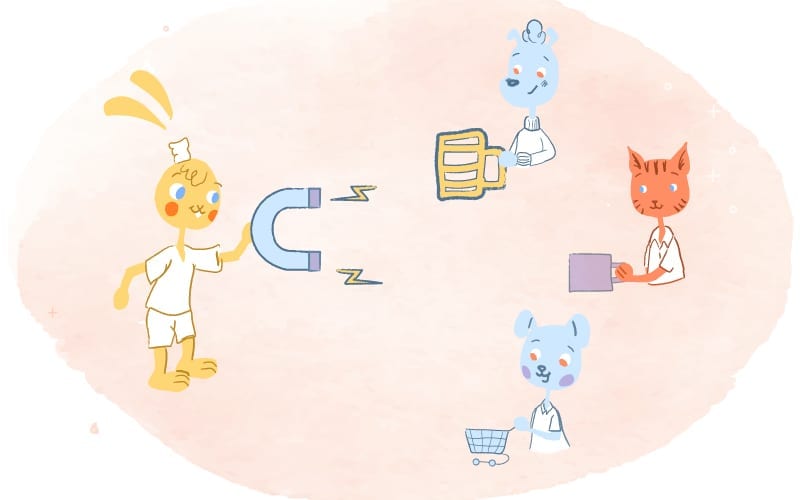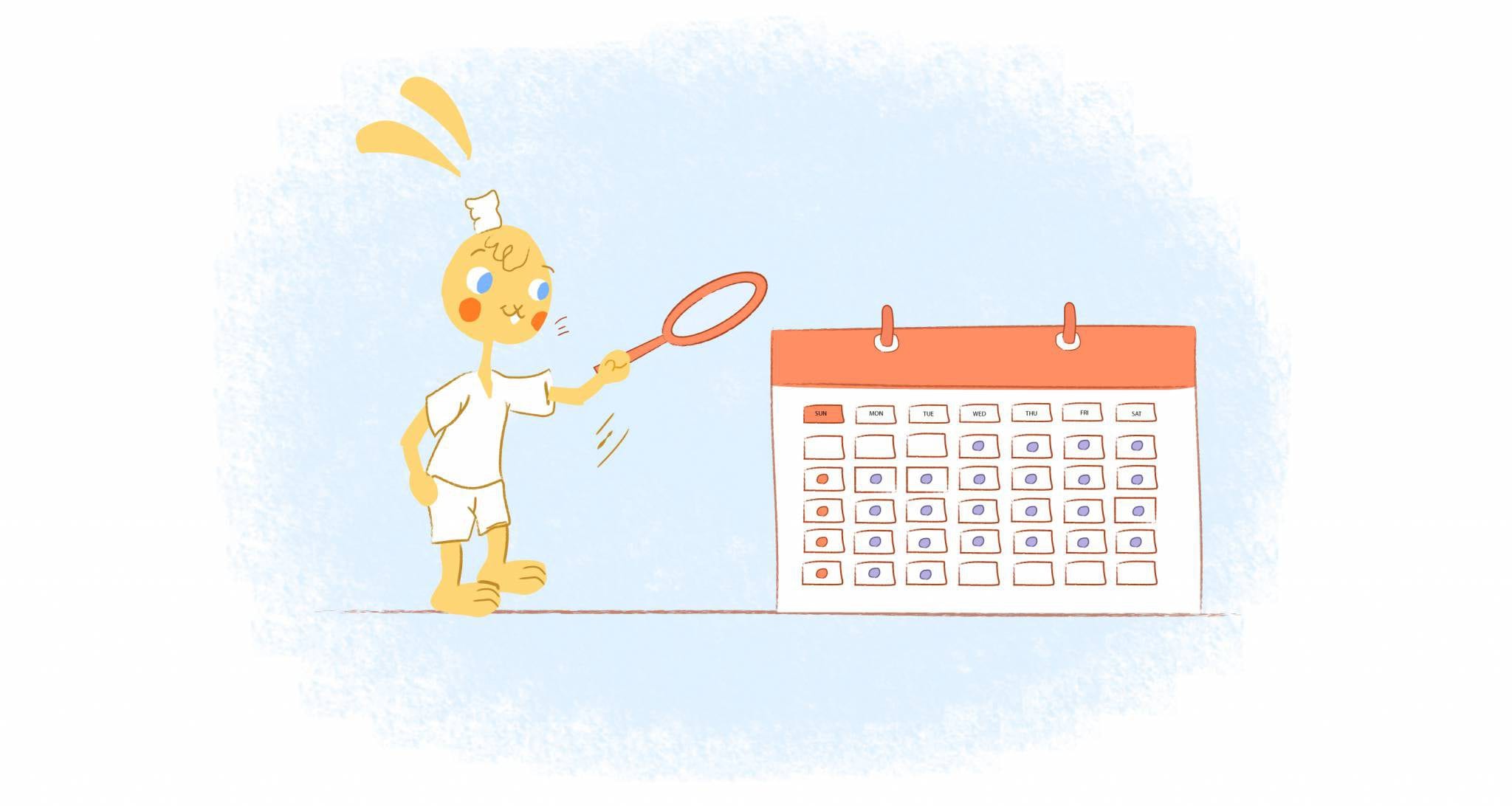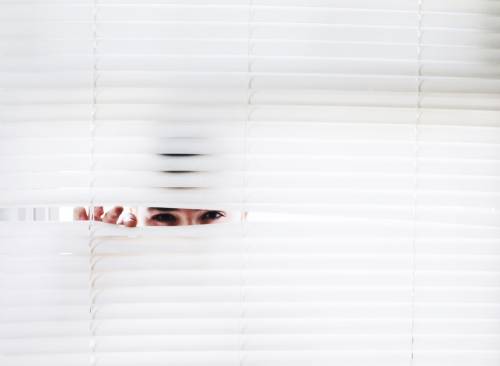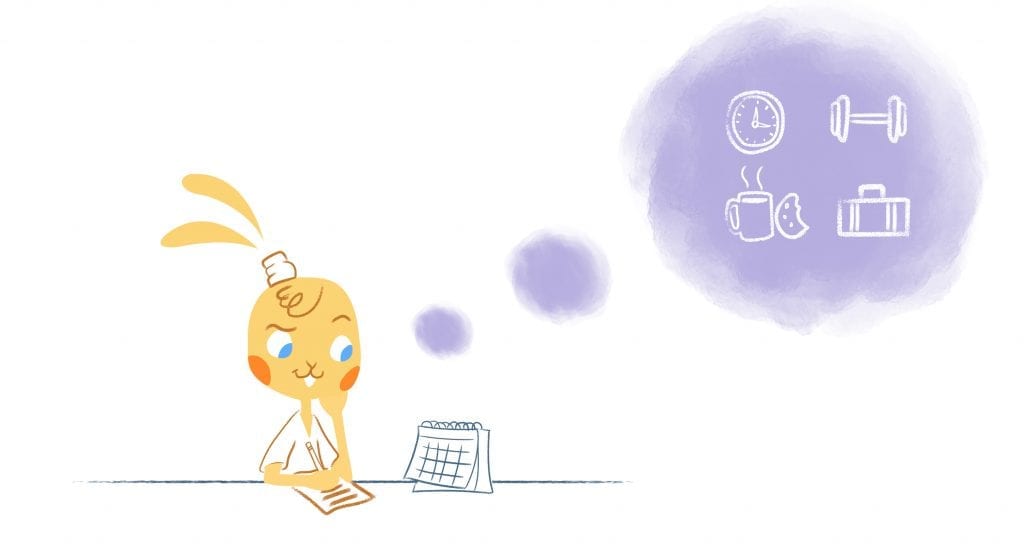

We live in an age of distractions. Take when you’re trying to focus 100 percent on your work. You’re just about to get in the zone when suddenly your phone buzzes. It’s a notification tempting you to check that text, email, or message you just received.
But that’s only one example. You can also get sucked into distracting websites or apps. Pay attention to chatty co-workers. Or, have to deal with uninvited guests who ask, “Do you have a minute?” Even if you’re working in the quiet and comfort of your home, you still have to manage these distractions — in addition to household chores and vegging out on the couch watching TV.
Interruptions have become so frequent that researchers at the University of California, Irvine, found that workers are interrupted every 11 minutes. Even worse, they can’t regain focus after 25 minutes. If you did a little mather, that means we lose more than 2.5 hours per day to interruptions.
Besides losing time, constant interruptions can lead to higher exhaustion rates. What’s more, when compared to those who weren’t, people who were interrupted for just 2.8 seconds, twice the number of errors.
How You Can Maximize Interruptions
Generally speaking, as noted by researchers in “How Do Interruptions Affect Productivity?” distractions are detrimental. “External interruptions cause information workers to enter into a ‘chain of distraction’ where stages of preparation, diversion, resumption, and recovery take time away from an ongoing task,” noted the authors. “When notifications from smartphones were turned off for a week, people reported higher levels of attention.” Additionally, “switching tasks on the computer is that it has been associated with higher stress.”
So, yeah. These disturbances can be harmful. But, this isn’t exactly anything new. I mean, for centuries, people like Socrates believed that writing “would weaken readers’ memory because it removed from them the responsibility for remembering.” Seneca asserted that the “reading of many books is ‘distraction.'” And, as you know, we don’t believe either today.
Furthermore, there are benefits of having your attention drawn away.
Distractions aren’t always your enemy.
The authors of “How Do Interruptions Affect Productivity?” write that “Longer interruptions (or work breaks), such as taking a walk in nature during work hours, have been shown to increase focus and creativity at work.” They also add that “Observational studies have identified that people use a variety of social media and news sites to take breaks to refresh and to stimulate themselves.”
While this may seem counterproductive, the fact is that we can only focus for so long. When your mind begins to drift, it’s a sign that you need a break — as opposed to bulldogging through. What’s more, “movement breaks” can improve your health and wellbeing. They can also prevent decision fatigue, increase creativity, enhance learning, and restore motivation.
As if that weren’t enough, breaks keep us from getting bored, which can lead to procrastination. And, they have the power to help us retain information and make connections.
I’d also add that continually trying to eliminate distractions is futile and adds unnecessary stress. Where you choose to work can also make a difference in the distractions that will occur. Think about it even if you block apps or turn your phone off while at work, you’re still battling FOMO. It’s not just that you might be missing out on something fun. What if there’s an important email, text from a family member, or news story that deserves your attention? It’s hard to stay focused on your work when your worried that you’re missing out on something that’s meaningful to you.
The answer? Stop feeling guilty and implement breaks into your schedule.
You can do this by trying out the Pomodoro technique or working in 52 to 90-minute intervals. The reason why these methods are effective is that they sync with your ultradian rhythm. Or, simply put, you work during energy peaks and break during lulls. You can then spend this downtime reflecting, going outside, or checking your messages. Not only will this help you recharge, but it also prevents FOMO from creeping in.
Interruptions can save time and improve communication.
There’s another advantage to taking breaks. It allows you to bond with your team. As a result, this strengthens relationships and fosters a healthier work environment. More importantly, it saves you time. Instead of communicating back-and-forth all day through email or Slack, you can limit this down one of two interactions per day.
At the same time, you don’t want this to interfere with your schedule? So, what’s the solution here.
Well, try synchronizing your social breaks. Instead of eating lunch in your office, grab a bite to eat with your team. When taking a short break from work, walk around the office and check-in with your team. Of course, you want to be respectful of them and don’t bother them if you see that they’re engaged with their work.
Jason Womack, author of “Your Best Just Got Better: Work Smarter, Think Bigger, Make More,” further suggests that maximize these distractions. “Keep a stack of sticky notes or 3X5 note cards nearby.” At the top of each, “write down a person’s name who you know will interrupt you sometime today.”
“Next time the person comes over to ask, ‘Do you have a minute?’ say yes, and also talk about the few things you’ve come up with that are on your list for them,” he adds. “Resist the urge to interrupt them when you think of something. Simply add it to the list.
“Imagine the time you’d save if people would do this for you,” continues Womack. “Imagine the time you would save if everyone interrupted each other two-four fewer times per hour, and maximized each interruption by talking at once about the two or four things that they thought of over the past little while.”
Another strategy? Add flexibility to your calendar for interruptions. That means instead of packing your schedule so full that there isn’t any wiggle room, you can leave blocks of time free. Again, this should be when your energy levels are low. For example, I have a drop around 3 p.m. With that in mind, I leave from 3 to 4 in the afternoon blank. If someone needs to speak with me or I want to check my messages, that’s when I do this.
To make this more comfortable, though, you could place a sign-up sheet-up on your door or share your calendar with others. They can then see when you’re free to meet with them.
Don’t let distractions derail your productivity.
“There are two types of distractions and interruptions that derail our productivity—those we can’t control, and those we can,” Chris Baily perfectly puts it. “We should proactively deal with the distractions we have control over, and change how we respond to those interruptions we can’t control.”
If you don’t, then you’re putting your productivity at risk. To avoid this, take precautionary measures that silencing your phone, wearing headphones, or declining unnecessary time requests. However, when your energy is beginning to dip, embrace these distractions as opposed to fighting against them.
As for the distractions that you can’t control, realize that no matter how disciplined you are, they’re inevitable. The key is maximizing them so that you can quickly get back on track and save time down the road.
For example, instead of blowing off a question or an email that would take a couple of minutes to address, just do it. Now it’s lingering over your head. And, now you don’t have to waste time circling back to it later.











Angela Ruth
My name is Angela Ruth. I aim to help you learn how Calendar can help you manage your time, boost your productivity, and spend your days working on things that matter, both personally and professionally. Here's to improving all your calendars and becoming the person you are destined to become!